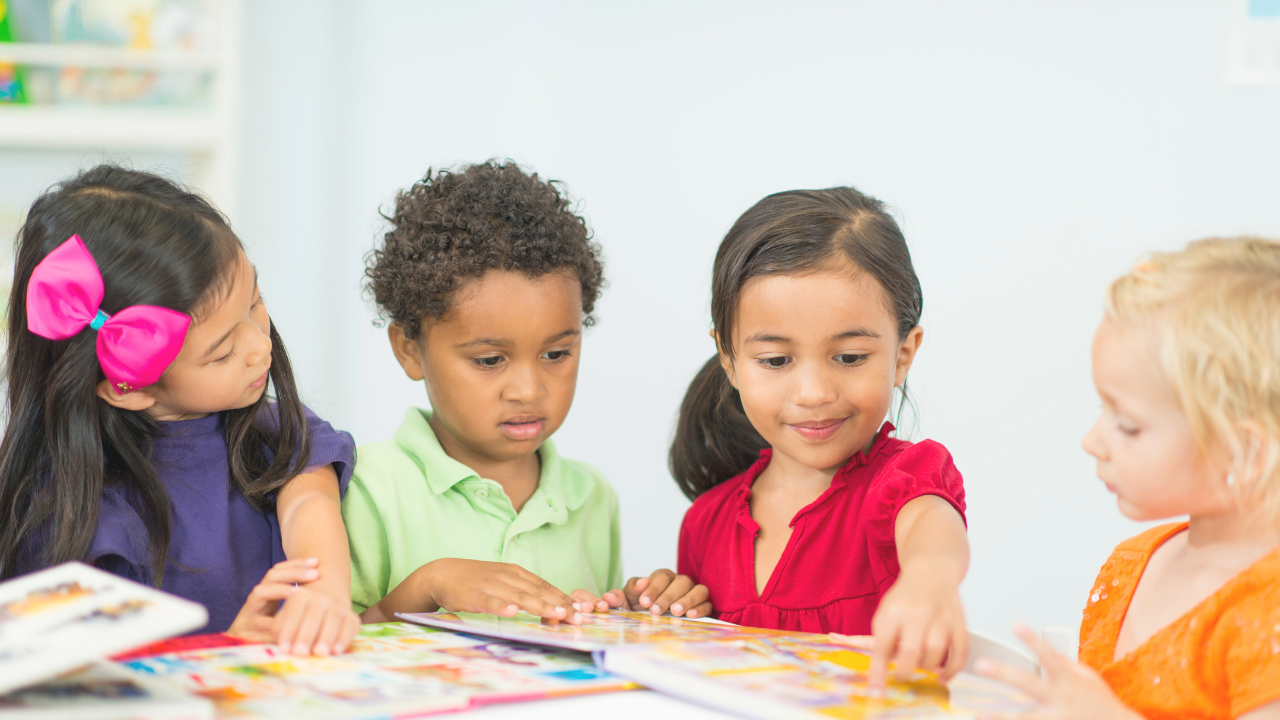During the years that I worked as a floating Preschool Special Ed Teacher, I realized that many early childhood teachers in a wide array of settings - from child care centers, to Head Start, to private or faith based preschools, to public school preK classrooms - were struggling with challenging behavior.
You are certainly not alone if this is you.
When I worked as a Professor, I saw the same thing while traveling around supervising student teachers.
As a Center Director, I discovered that training on challenging behavior was one of my staff’s most requested topics (even though parents, families, and other observers often commented that they didn't see much challenging behavior in our classrooms).
Personally, after years of struggling with challenging behavior myself as a teacher, I had finally discovered that using recommended practices taught in my special ed behavior classes combined with what I now call "play-powered challenging prevention strategies" meant that I could prevent most challenging behaviors before they even started! Yes, it's possible.
Of course, some challenging behavior will always happen, but I also finally had the tools to de-escalate things when it did occur and to teach children to self-regulate and calm themselves when upset.
What I quickly discovered during those years when I was having success supporting children who exhibited challenging behavior is that sometimes "transforming" challenging behavior can happen way quicker than you'd think!
I learned in my Master’s and Doctoral programs that some children - including many who exhibit challenging behavior - may need our help to engage meaningfully with materials and with peers during center time.
Those children that knock down other children's block towers for no reason? …wander endlessly and never settle in? …or, who seem to spend the whole center time provoking you or the other children? That’s completely normal and to be expected as it turns out!
…even having 10-25% of children doing those things? Normal! It’s not you. It’s not them. It’s to be expected.
Yep. In every preschool class you will likely have up to 10-25% or more of children struggling to keep their hands to themselves and play cooperatively with peers.
It's even normal for some children to disrupt large groups or spin out of control every time we clean up or transition to outdoor time!
Yet, there are simple and effective strategies we can use to teach children to stay calm, self-regulate, and use their words rather than their hands or other aggressive behavior.
In fact, helping these children learn prosocial play skills is arguably the most important part of your job. I hate that many early childhood teachers feel so much pressure to teach “academics” when, in fact, it’s these social-emotional skills that will help children be most successful in kindergarten and beyond.
So, I’m wondering: did you already know that it’s perfectly normal to have up to 25% of your class need help with getting meaningfully engaged during center time, learning to self-regulate, and learning alternatives to hit and disrupting things?
Let me know in the comments below.

